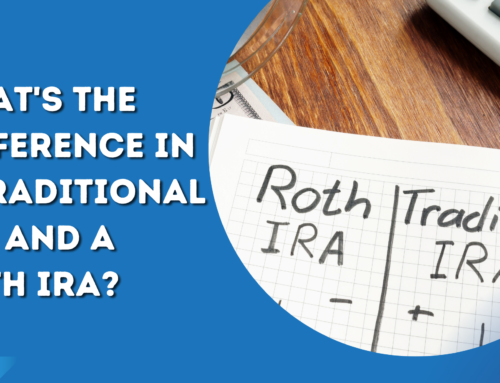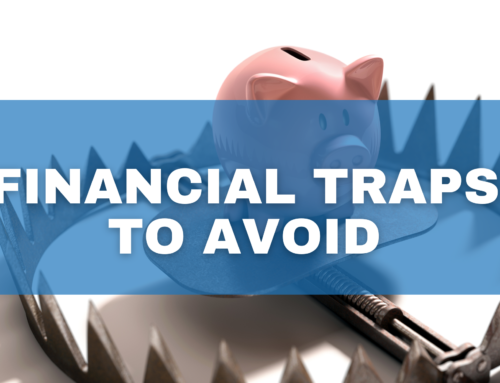Market Corrections: Should pre-retirees be frightened?
October has not been a great month for the market. The S&P 500 – one of the measuring sticks that is commonly used by investment and major news organizations – is down around 9% for the month, erasing most of the gains we’ve seen so far this year. Market corrections, like Haunted Houses – can scare investors when they are approaching retirement.
A market correction is when a major index like the S&P 500 falls 10% or more below it’s recent high. They happen on average once a year (the last one was in February of this year), but don’t always turn into bear markets (20% or more off of market highs) but that doesn’t mean they are comfortable.
So what should pre-retirees do when there is a market correction?
Don’t Panic.
These are normal occurrences in the market. As long as you don’t sell every stock you own and stick it in cash, you’ll be fine. Each and every time there’s been a market correction, there has been a recovery at some point down the road.
Even if you are one, two or three years away from retirement, stick to your investment plan you were ok with when things were calm. You still have time to recover if you continue to invest in your 401k and other investment accounts.
Re-evaluate your investments
Do you still like the investments you held before and after the market correction? Market corrections are a good reminder to take a look at your portfolio and make sure you still feel like your holdings are good investments, even when they are down around 10% from where they were last month.
Don’t try to time the market
The brightest minds on Wall Street attempt this every day, and a majority of the time they are wrong. Don’t try to get out of the market and get back in after things normalize. Usually when you feel better about investing back into the market, it’s a lot higher than where you sold, and now you’ve really put yourself into a bind, selling low and buying high. Ouch.

This is not a good market correction strategy.
According to LPL Research, the average return of the S&P 500 from 1990 to 2017 was around 9%. What if you had the best luck ever and could miss out on the 10 worst days in the market during that time? Your return would jump all the way to 40%. Nicely done Nostradamus.
What if you were wrong in your crystal ball investment method? Missing the best 10 days – out of almost 10,000 days during that span, would drop your return all the way to a -12.8% return. Ouch again.
Invest for the long term
Yes, even if you are retiring tomorrow, invest for the long term. Unless you’ve got way more dough socked away for your retirement than you could ever spend, you’ll need to make sure your money lasts.
The only way to keep up with the rising costs of the essentials like food, housing and health care over a long period of time is investing a portion of your portfolio in stocks.
According to the Society of Actuaries, there is a 50% chance that at least one spouse of a 65 year-old couple will live to be 94 years old. If they both retired at 65, that’s almost 30 years of retirement income!
In-service withdrawals
If you are like many Lockheed employees, a majority of your net worth might be sitting in your 401k and ESOP plan. If that’s the case, you might consider an in-service withdrawal. This allows you to rollover a portion of your retirement funds out of your 401k and into an IRA account – even though you are still working. An inservice-withdrawal might allow you a few additional investment choices in your IRA that are not available in your 401k plan. For more info, see this post.
Market corrections can be scary. Especially if you tend to watch your account regularly. If you’re worried about your long term-retirement outlook, feel free to shoot me an email at Brian@TheAeroAdvisor.com or fill out the quick and easy form below.
The opinions voiced in this material are for general information only. They are not intended to provide specific advice or recommendations for any individual, nor intended as tax advice. We suggest that you discuss your specific situation with a qualified tax or legal advisor.





